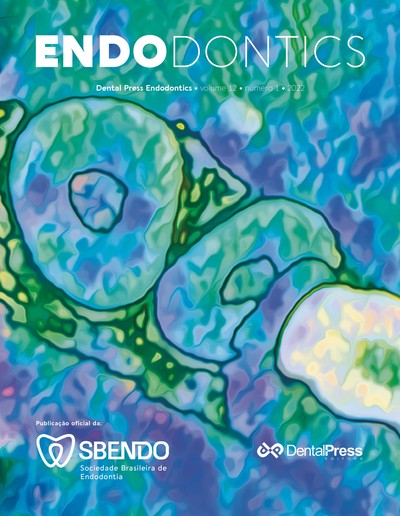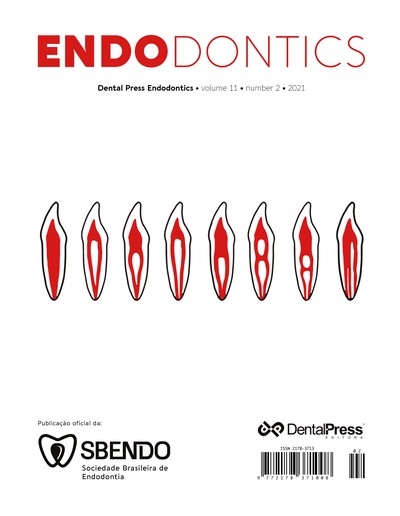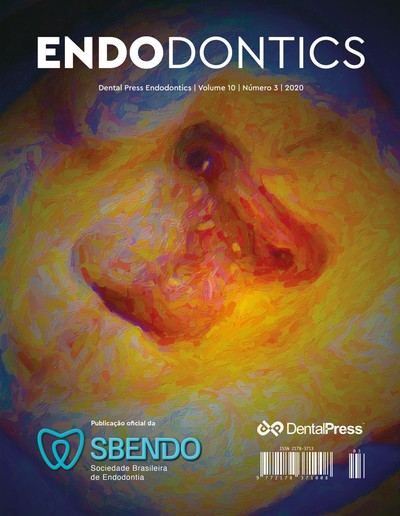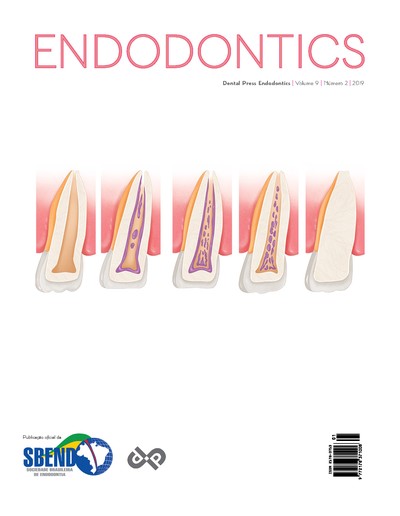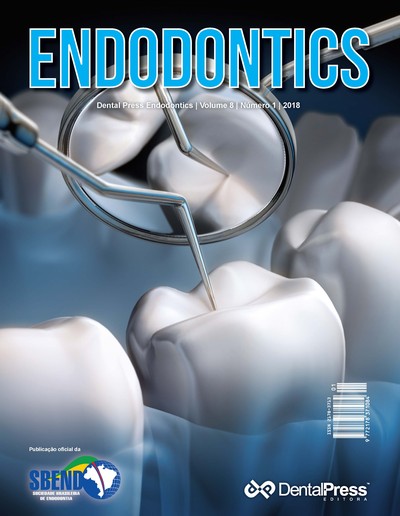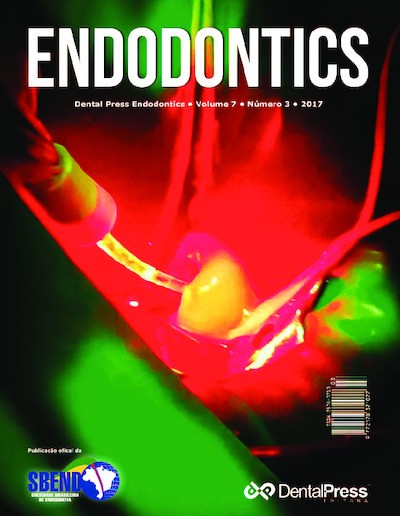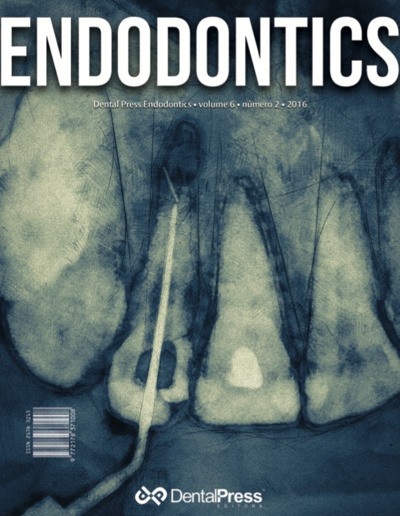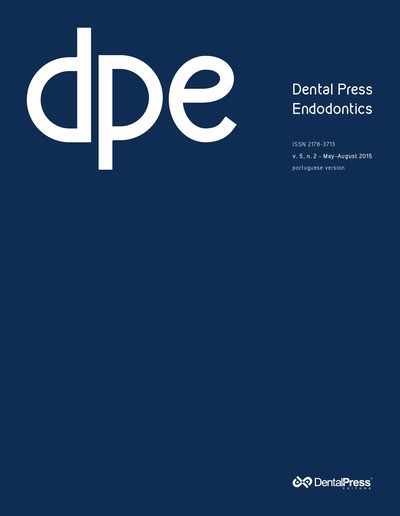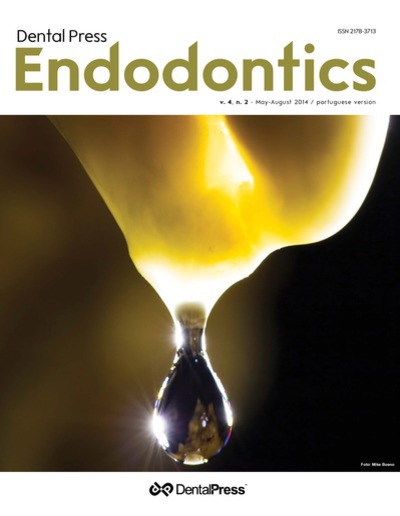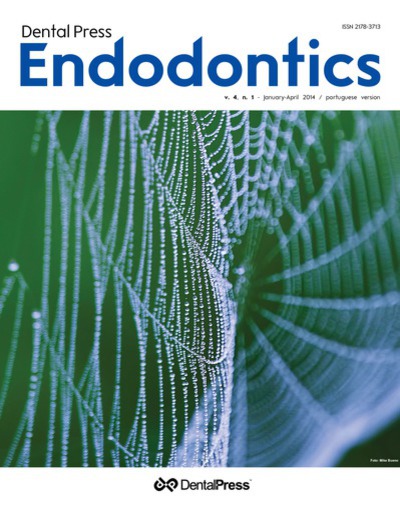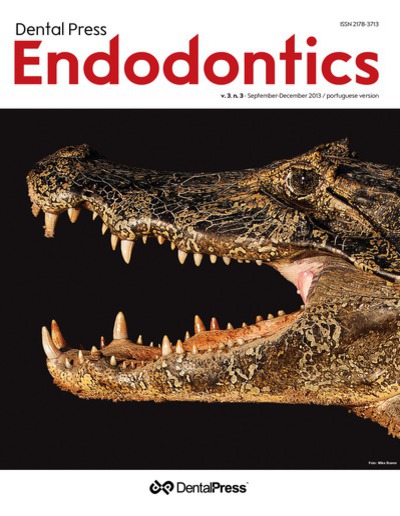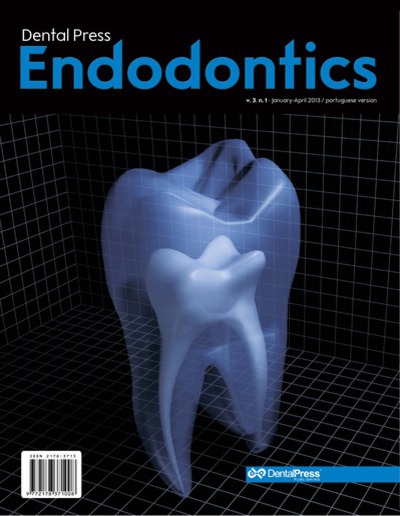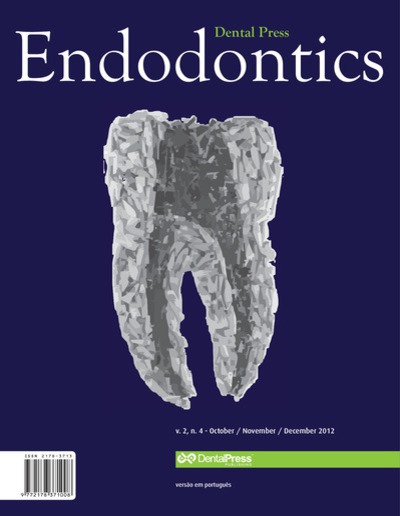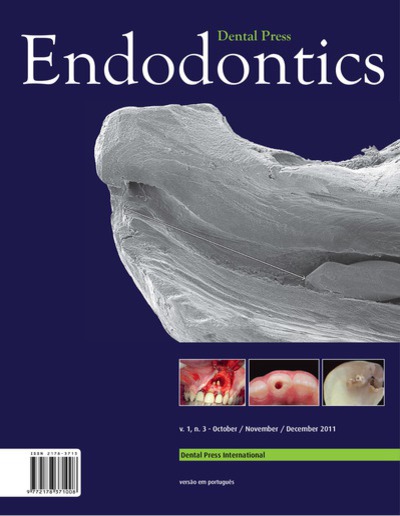
Effects of modified Portland cement and MTA on fibroblast viability and cytokine production
João Eduardo Gomes Filho, Luciano Tavares Angelo Cintra, Elói Dezan-Júnior, Simone Watanabe, Max Douglas Faria, Alessandra Cristina Gomes, Carolina Simonetti Lodi, Sandra Helena Penha Oliveira
Objective: The aim of this study was to investigate the effects of a new Portland Cement formulation (CPM) comparing it to Angelus MTA on cell viability and IL-1b and IL-6 release by mouse fibroblasts. Methods: Poly- ethylene tubes filled with these materials were placed into 24-well cell culture plates with mouse fibroblasts. Empty tubes were used as control. After 24 hours, MTT assay was used to evaluate the cell viability. For cyto- kine assay, mouse fibroblasts were incubated in 24-well flat-bottom plates with set material disks at the bottom or without material, as control. After 24 hours, culture media were collected for cytokine evaluation by using ELISA. Results: CPM and Angelus MTA did not inhibit the cell viability. Both materials induced IL-6 and IL-1b release and the amount was statistically significant com- pared with the control group. Conclusions: Both mate- rials were not cytotoxic in fibroblast culture and induced IL-6 and IL-1b release.
Keywords: MTA. Cytotoxicity. Dental materials.
How to cite: Gomes Filho JE, Cintra LTA, Dezan Junior E, Watanabe S, Faria MD, Gomes AC, Lodi CS, Oliveira SHP. Effects of modified Portland cement and MTA on fibroblast viability and cytokine production. Dental Press Endod. 2012 Apr-June;2(2):20-4.
Thursday, April 25, 2024 09:47
